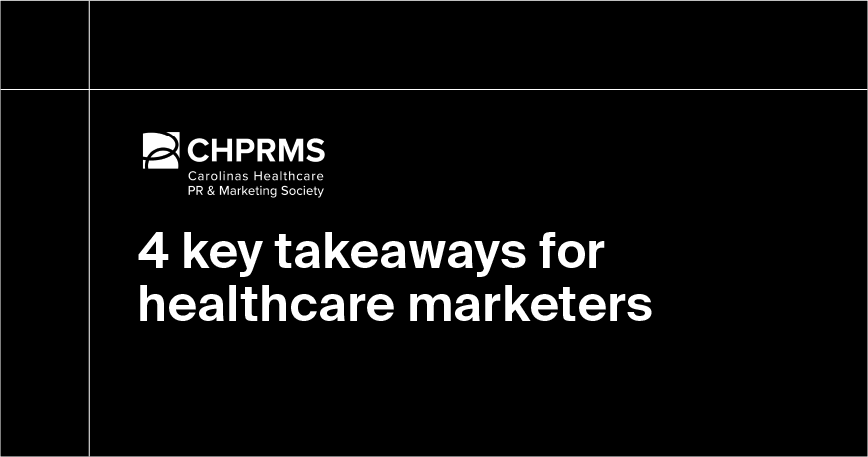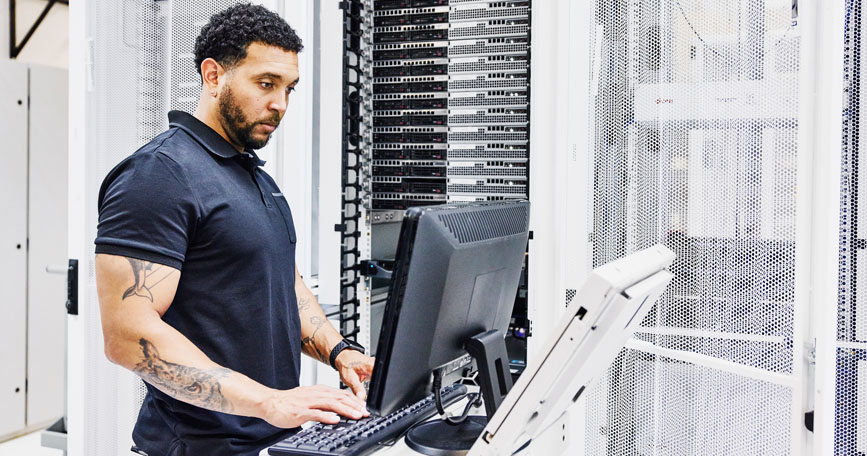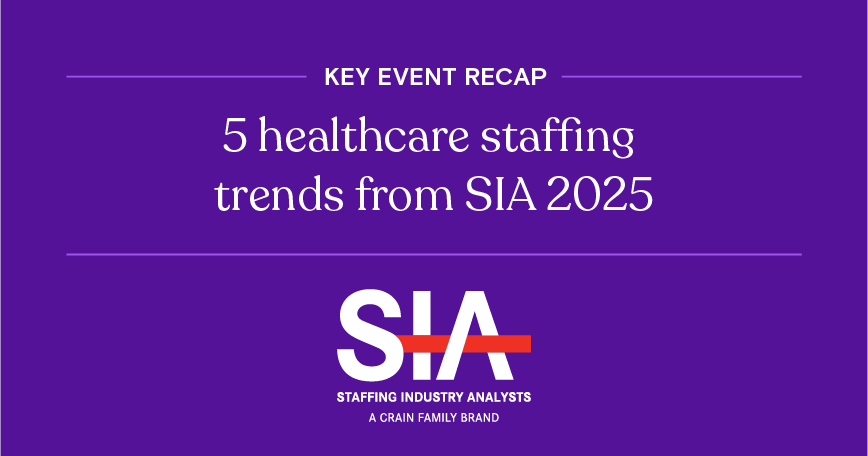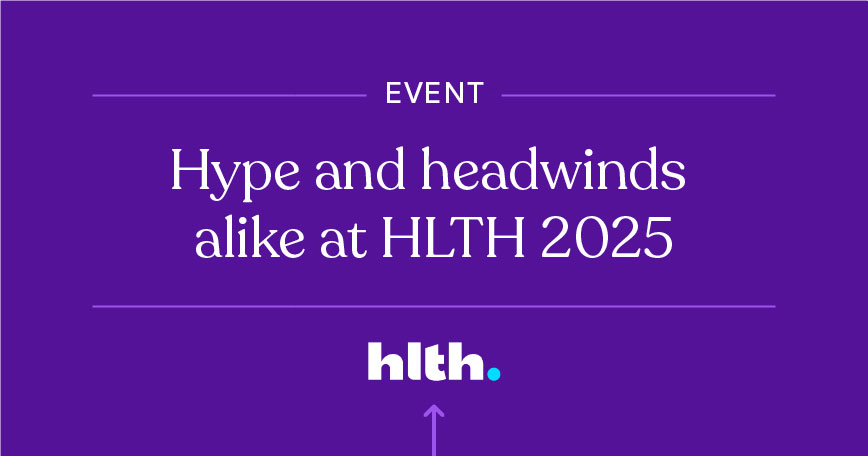Filter by Industry
Filter by Topic

CHPRMS 2025: 4 key takeaways for healthcare marketers
Catch the top takeaways from CHPRMS 2025. From emerging healthcare marketing strategies to new PR tech transforming patient and provider engagement.

Building cybersecurity resilience in rural healthcare
Explore key strategies to strengthen cybersecurity in rural hospitals, covering limited resources, risk mitigation, and resilience for patient safety.

The coming age of consumer-focused, portable health records
Discover the latest trends in consumer‑focused healthcare data exchange, from APIs & apps to privacy shifts and interoperability innovations.

Top 10 largest independent hospitals
Explore the ten largest independent U.S. hospitals by bed count, what “independent” means and why they stand out in a consolidating market.

How to predict healthcare demand in 2026 (and beyond)
Learn how policy shifts, coverage losses, and market change will shape 2026 healthcare demand forecasting. Get data-driven forecasting insights for…

5 healthcare staffing trends from SIA 2025: Locum tenens, AI, & more
Review key insights from SIA 2025: Locum tenens growth, physician burnout, hiring trends, AI usage, and data integration.

Common pitfalls in healthcare consulting and how to avoid them
Discover the top pitfalls healthcare consultants face and learn how leveraging data‑driven insights can help overcome them effectively.

Scratching the 3-year itch: Why sales should leverage shifting GPO-provider relationships
Understand the 3‑year GPO‑provider contract cycle and how sales teams can align timing, strategy and value to win in that window.

Planning your 2026 healthcare marketing strategy
Prepare your healthcare organization for 2026 with a marketing strategy that leverages digital trends, personalization, and AI. Here’s how.

Hype and headwinds alike at HLTH 2025
Recap major themes from HLTH 2025: AI, medtech, staffing, nursing innovations and what leaders are focusing on for the year ahead.